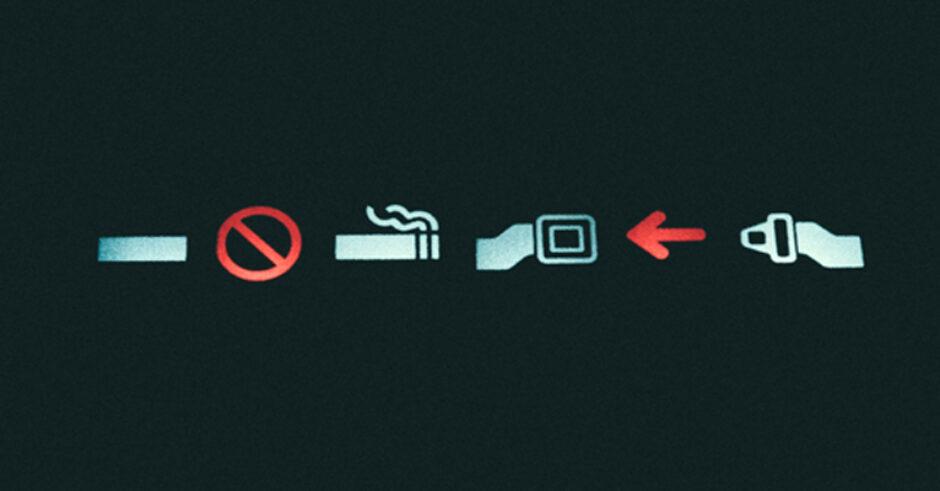After months of long hours, and stress at work, you finally arrive at your much anticipated dream holiday destination, to relax and unwind. Except you can’t. Holiday sabotage by the state of our mind, is real.
“Habits aren’t merely physical; they’re emotional, too. Habits of the mind aren’t easy to break in a few days. Your body might be comfortably prone on a beach towel, your brain is still scrolling through to-do lists back home. In fact it is unrealistic, experts say, to expect your thoughts to stop on a dime.”
Anyone who has spent years living and working overseas, may have experienced the surprising difficulty of restarting life, once back on home soil, that I did. Discovering that whilst you’ve been away, two things have dramatically changed. You’ve been changed by your experiences, and the place you call ‘home’, has changed in your absence.
We humans can neither go back to ‘normal’, nor easily slip into a ‘new normal’. Including, living in the much yearned for, Covid-19 free existence.
Living through a second wave
At the time of writing this article, I’m on day 104 of lockdown in Melbourne, Australia. Apparently the longest Covid-19 lockdown in the world to-date. We enjoyed an easing of restrictions ~3 months go – socialising in physically distanced ways in cafes and hotels – only to go back into the severest of lockdown restrictions, in response to a second wave of coronavirus.
I, like many other locals, were optimistic we’d be okay.
We’ve got this. We’ve lived through these restrictions before, we know how do it – remote working, remote learning, remote home schooling, and a social bubble limited to our household.
Except, we didn’t ‘have it’. Returning to hard lockdown has felt infinitely harder, more emotionally, and physically draining, the second time around.
The psychological stressors and restrictions, created feelings of loss, grief, fear, and trauma, that hadn’t been resolved during the short respite we enjoyed. Nowhere close.
Instead, these emotions roared back into our lives, with more force than before.
Learning from human (and non-human) responses to grief and trauma
Before my sister Michele, and her doctors knew, her terminal cancer had returned, her beloved cat PC knew. He stopped his habit of sleeping on her bed every night. My sister, in retrospect, realised this was PC’s response to grief. He was learning to live without her, whilst she was still alive.
George Bonanno, a clinical-psychology professor, describes grief as
“natural adaptive reaction – a painful but necessary mental recalibration to accommodate a new absence.”
It’s difficult to start a process of remembering and mourning what will be permanently absent from our lives, as whatever a Covid-19 free reality will be for many of us, remains uncertain.
“Communities cannot grieve together because the disaster is ongoing and the threat has yet to disappear, says Judith Lewis Herman, a psychiatry Professor at Harvard Medical School. She describes three stages of healing: re-establishing safety, remembrance and mourning, and reconnecting with others. Social distancing complicates all of them.
Governments and mental-health professionals should start thinking about “psycho-social” interventions.”
What this means for communities – including those at workplaces – is whilst we’re in the liminal space between our pre-Covid and post-Covid realities, it’s healthy to focus on what we can control.
- What we can optimise, and what can we change, to enhance our ability to live and function, in the present?
- What will provide us with a sense of safety, and empowerment?
- What will reduce our sense of isolation, and strengthen our social connections?
- How can the various communities we’re part of, increase our collective resilience?
Moving forward
The liminal spaces missing from the holiday scenario, is having restful, self-care days off at home, pre and post spending time at your dream holiday destination. Time to adjust physical and emotional habits, to reduce the shocks of holiday sabotage, and post holiday blues.
I wish I’d created a liminal space when returning home after 10 years overseas, instead of starting a new job, one day after arriving back in Melbourne.
What we do now in this liminal space, can really help us avoid shocks in the future. To ready us to work through loss, and heal from our experiences.
———————————-
Karen Walker is an Advisor, Expert and Operative in Strategy Execution, the series of decisions and actions undertaken to turn strategic visions of organisations into reality. An evolving journey of understanding possibilities and using situational awareness to adapt tactics and goals to realise maximum value.
A specialist in the casino and gaming industry, with extensive experience in the implementation of new and innovative practices and the establishment of greenfield operations, Karen’s career spans senior operational management and leadership, program director, project and change management, and business transformation lead roles, across a number of sectors.





